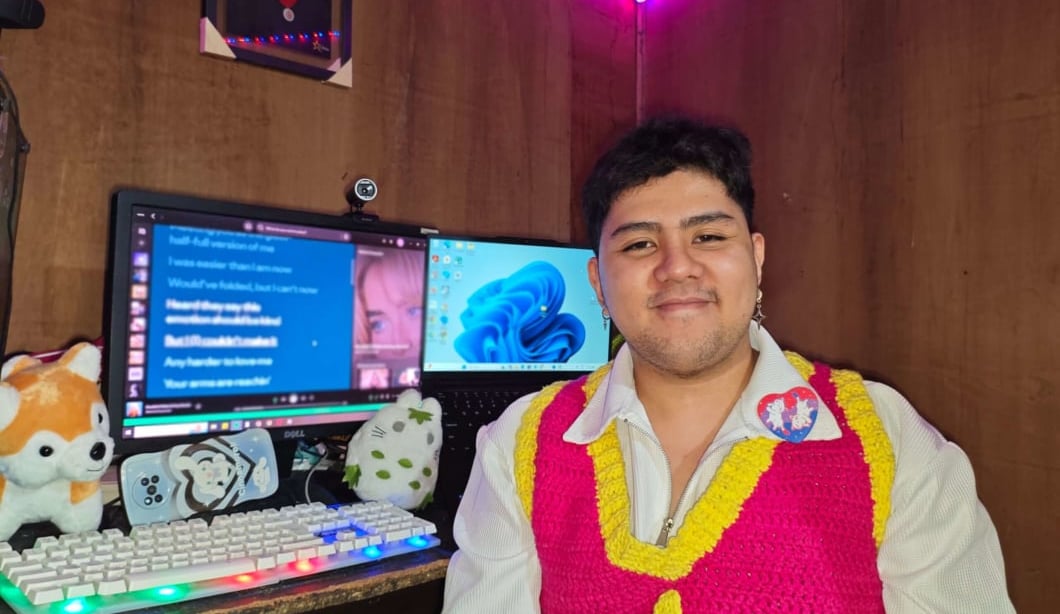Secondment Experience in Japan
Employee Journals“You can’t really understand someone until you try to get to know them on a more personal level.”

This was the thought that came to mind when I had my first face-to-face conversation with staff from our Japan office. During my early days in the company, I felt a lot of pressure every time I spoke with my Japanese counterparts over chat. I always had the notion that Japanese people are very strict, straightforward, and too focused. Some of my impressions were on point, but some were way off. I had the chance to confirm these impressions during my secondment to the Japan office (which, by the way, I didn’t expect to experience ever!).
Secondment is an arrangement wherein a staff is temporarily transferred or assigned from their normal duty to a different job post in another company for a specific purpose and for a defined period of time. As a staff of RareJob Philippines, this is one of many unique benefits the company offers which I was eligible for, and luckily, chosen to participate in. For six months, I worked directly at our Japan office.
As you read through, take everything with a grain of salt because these are just my observations and reflections, and surely there is still a lot for me to learn about our Japanese peers.
“Japanese people are too strict and focused!”
Let me tell you that they both are and aren’t strict, BUT they definitely are focused. It was through going out and talking with some of the staff during office events like the Creative Lunches, the summer event, company assemblies, and after-work drinking sessions that I got to know how strict and or focused they are.
Japan can be considered a strict country, which is most evident especially in their public transportation schedules because you can surely expect that everything is on the dot. Most of their public spaces have clear line markings, segments, and descriptions. Compliance was very easy and, most of the time, intuitive. On the other hand, if this was something that they were used to since childhood, I can safely say that it is less about being strict and more about being disciplined. It comes out naturally without much effort.

They definitely are focused, especially most of the staff I knew, about their crafts. In case you don’t know, Japan has a lot of options for everything. If you choose to pursue a hobby, you will most likely be able to buy the things you need at a nearby specialty store. If you need information about a certain subject, there are a lot of references and ways to access that information. Improving your skills is only a matter of willpower and time.
“Japanese people are too straightforward!”
During my stay in Tokyo, which is probably the most popular tourist destination in Japan, I found that most people could not carry out simple conversations in English or speak the language at all. This doesn’t only apply outside the office but also within the office. There surely are some staff who are comfortable talking in English, but most of the people there are shy to speak in this language. Even if they try to, some just have limited vocabulary, so sometimes, what they say may seem awkward or weird depending on how we, as Filipinos, interpret it.
How did my secondment affect my work here at the PH office, and my personal growth?
I believe that working efficiently as a team requires getting to know your teammates well beyond just work. The time I spent there was surely not enough to get to know my counterparts on a more personal level, but surely it was enough time for me to be able to understand how they work, what their level of expectation is, and how we can communicate better to arrive at solutions that will not be too restricting, even if we had different cultures or languages.

As a bonus, this secondment experience not only enabled me to be more comfortable working with my counterparts but also gave me the opportunity to acquire new skills and improve myself, as well as to pursue new hobbies. I realized the value of reading, continuous learning, and organizing my schedule.
Did I need to go to RareJob, Inc. to understand my Japanese counterparts?
Visiting and working at the Japan office was a very memorable experience and opportunity (which greatly helped me understand the bigger picture when it comes to the company and my role within it), and I think our company is continuously finding ways to bridge the gap between our PH and JP offices. However, I think being seconded s not the only way to do this. From time to time, some JP staff also visit our office which also serves the same purpose.
RareJob promotes diversity within the workplace by acquiring staff who can overcome the “culture barrier” and in turn contribute to the mission of the company:




